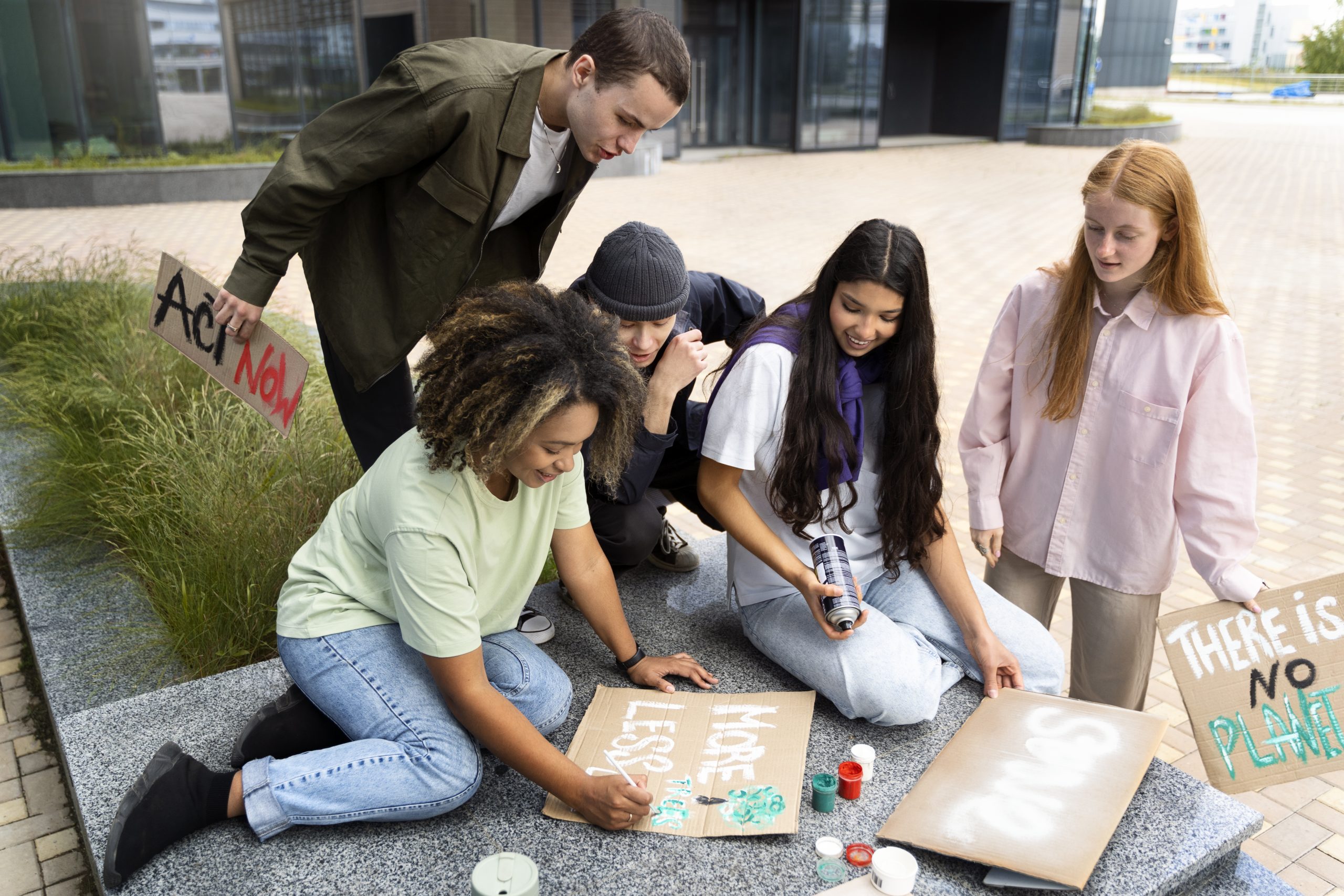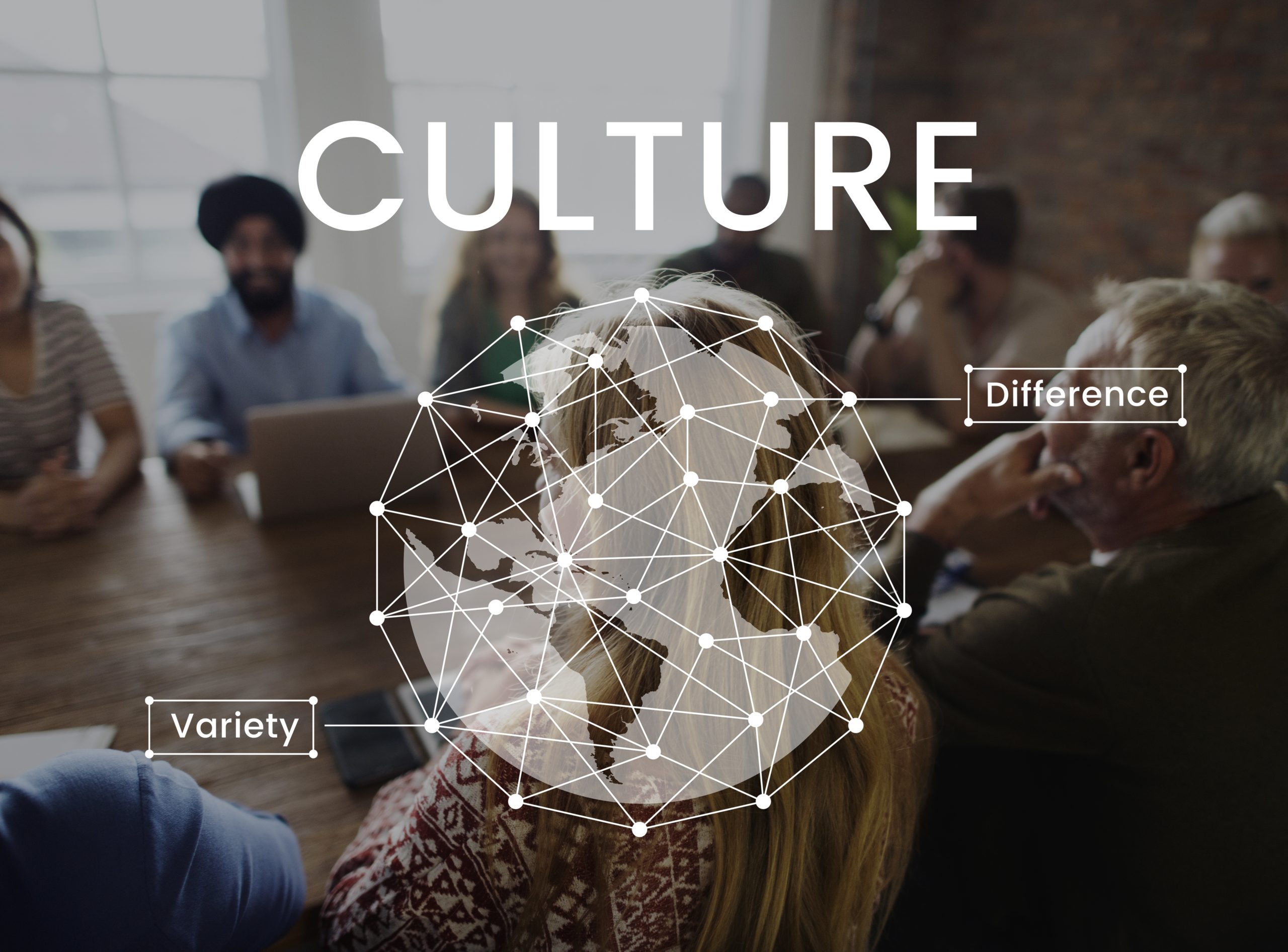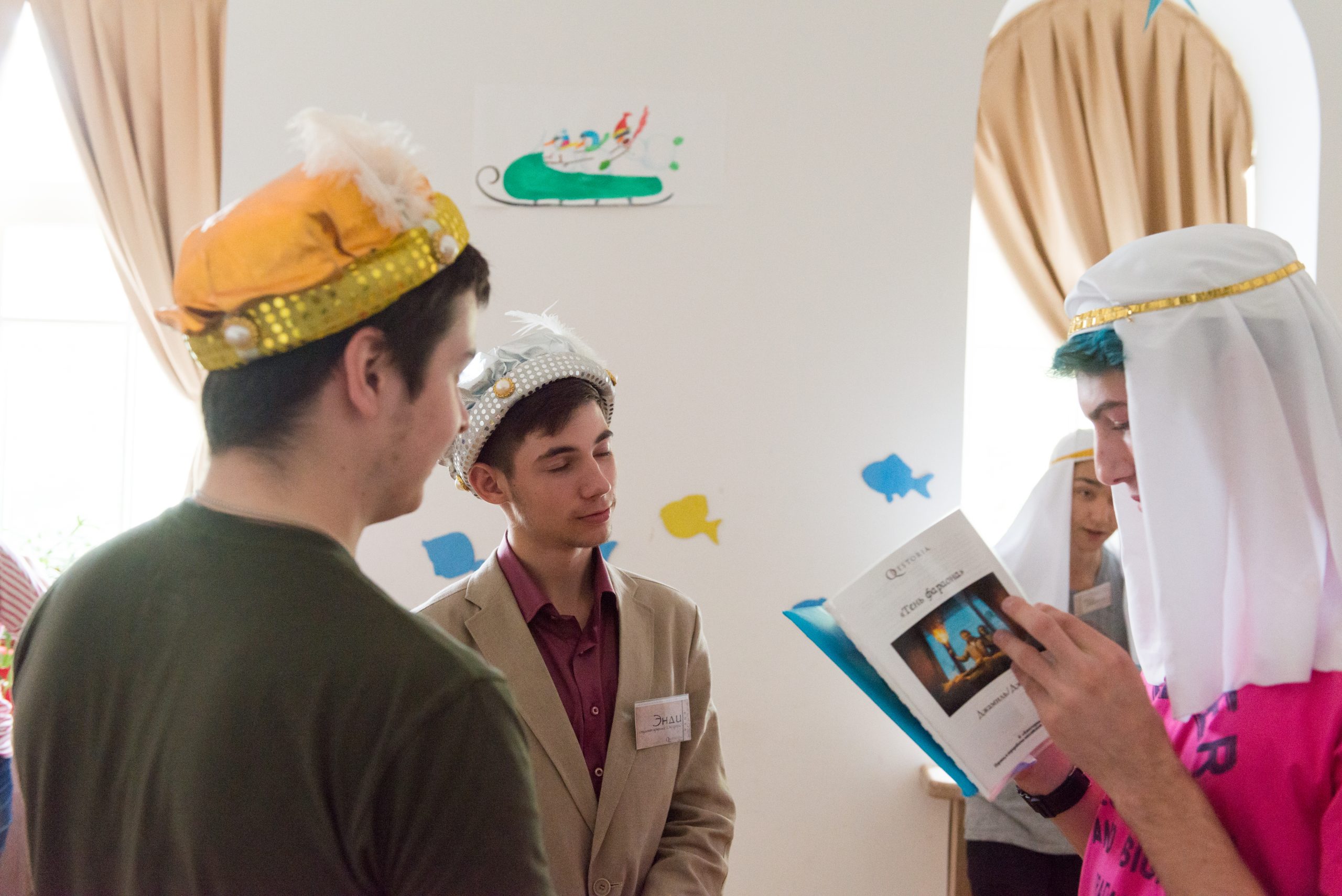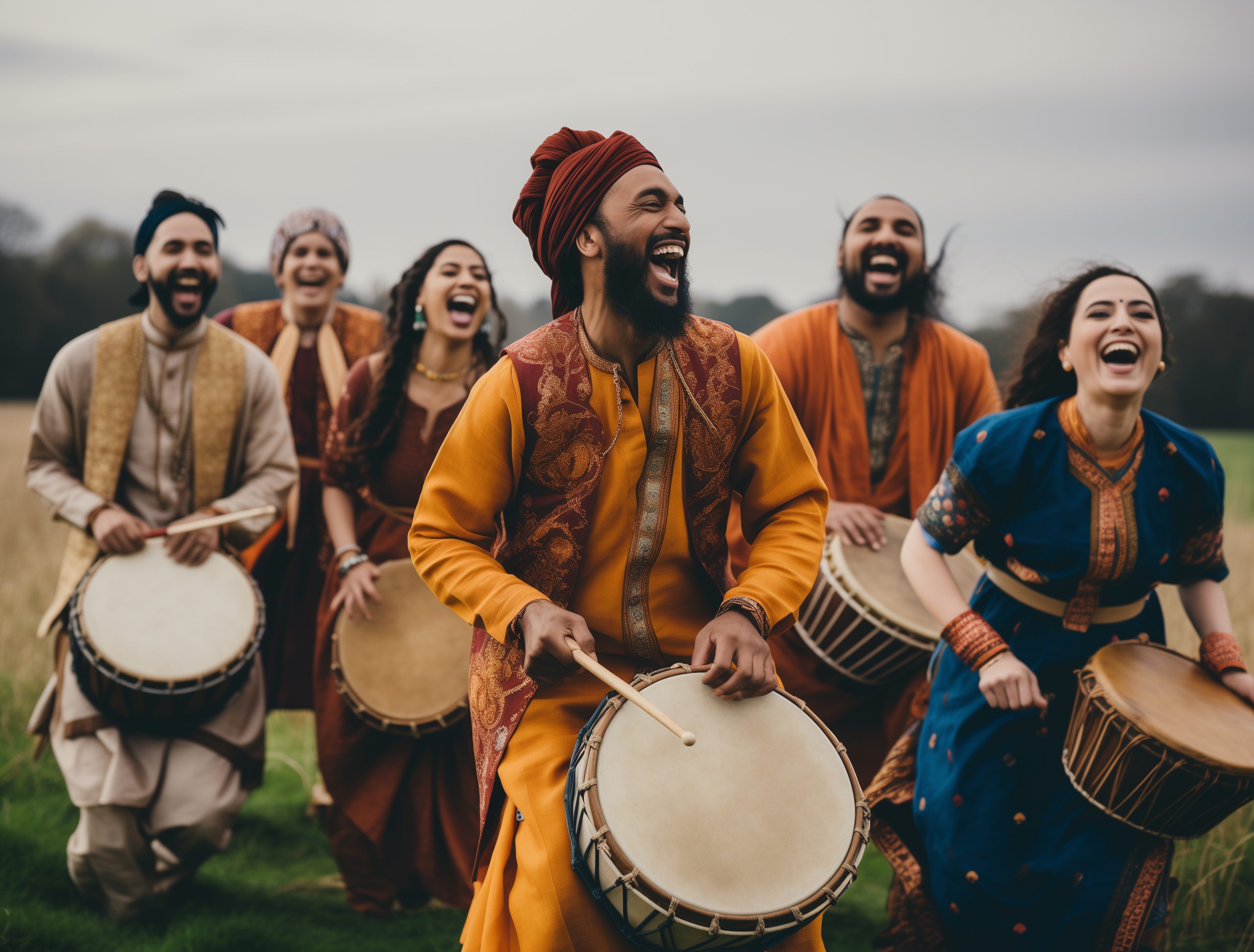
Culture is not just about traditions, food, music, or clothing it is the invisible thread that defines who we are and how we live our lives. From the language we speak to the values we hold, culture influences our choices, perspectives, and behaviors in ways we often overlook.
At News Optimize, we believe that understanding culture is key to understanding identity. This article explores how culture shapes identity and lifestyle, digging deep into the ways traditions, beliefs, and social practices affect both individuals and communities across the world.
The Role of Culture in Defining Who We Are
Culture plays a powerful role in shaping identity. It acts as a mirror that reflects personal and collective values, helping people understand where they come from and where they belong.
Values and Beliefs as Identity Markers
Our identities are influenced by shared values like respect, family loyalty, and freedom. These beliefs are passed down through generations and are central to how we perceive ourselves.
Language and Communication
Language is more than words; it carries the weight of history and identity. Speaking a native language creates belonging, while learning another language adds layers to one’s identity.
Lifestyle Choices Driven by Cultural Influence
Culture not only defines who we are but also influences how we live. Everything from food preferences to fashion trends and leisure activities is tied to cultural roots.
Food as a Lifestyle Expression
Culinary traditions show how deeply culture and lifestyle connect. A simple meal often tells the story of a community’s climate, resources, and heritage.
Fashion and Self-Expression
Clothing reflects both tradition and modern influences. While traditional dress preserves heritage, global trends reshape how people adapt style to their lifestyles.
Leisure and Celebrations
Holidays, festivals, and daily routines showcase cultural influence. Lifestyle is not just about individual choices but about shared celebrations and rituals.
How Culture Shapes Personal and Social Identity
Identity is never formed in isolation. Culture provides the framework that connects personal identity with social identity.
The Power of Community
Belonging to a cultural group fosters self-confidence. Communities provide a sense of identity through shared stories, symbols, and traditions.
Intergenerational Identity
Cultural identity passes from elders to younger generations, creating continuity. Each generation reshapes traditions while keeping the essence alive.
Culture as a Force of Change in Modern Lifestyles
Globalization has made cultural exchange more visible than ever. With the rise of technology, people are exposed to diverse lifestyles, which blend with their own.
Cultural Fusion in Daily Life
Fusion is visible in everything from food to music. People adopt elements from different cultures while keeping their core traditions intact.
Technology and Identity
Social media allows individuals to explore cultures worldwide. This exposure creates hybrid lifestyles, where people balance local traditions with global trends.
Building Identity Through Shared Symbols and Stories
Symbols and stories are cultural anchors. They give meaning to identity and lifestyle by connecting individuals to their heritage.
Symbols That Unite
Flags, art, and religious icons serve as cultural signifiers that remind individuals of their identity and shared values.
Storytelling Across Generations
Folklore, myths, and historical accounts keep cultural memory alive. These stories shape not just who people are, but how they choose to live.
Culture’s Influence on Career and Education Choices
Cultural background impacts how people view work, education, and ambition. Lifestyle and career decisions are often guided by these cultural expectations.
Education Shaped by Tradition
In some cultures, education is valued as a collective achievement, while in others it is seen as a path to individual success.
Work Ethics Across Cultures
Cultural norms determine how people approach time, teamwork, and responsibility in their careers, influencing both identity and lifestyle.
Everyday Practices that Reflect Cultural Identity
Identity and lifestyle are also shaped through simple, everyday practices.
- Greeting rituals that reflect respect and hierarchy
- Daily meals that embody tradition
- Morning routines shaped by cultural expectations
- Family structures that determine social behavior
These practices might seem ordinary but collectively, they build cultural identity and lifestyle choices.
Table: Culture’s Impact on Lifestyle Choices
| Aspect of Lifestyle | Cultural Influence | Example |
| Food | Local traditions and climate | Rice in Asia, bread in Europe |
| Fashion | Traditional dress and global trends | Kimono vs. western suits |
| Social Interaction | Language, respect norms | Handshakes vs. bowing |
| Work and Education | Values around success | Collective vs. individual goals |
| Leisure | Festivals, arts, rituals | Holi in India, Carnival in Brazil |
FAQs
How does culture influence personal identity?
Culture shapes personal identity through shared values, language, and traditions, providing a framework for self-understanding.
Can culture affect lifestyle choices?
Yes, everything from food, fashion, leisure, and even career choices is influenced by cultural background.
How do modern lifestyles mix with traditional cultures?
Globalization blends traditions with global influences, creating hybrid lifestyles without losing cultural roots.
Does language play a role in identity?
Absolutely. Language is a key cultural marker that connects individuals to their heritage and community.
How can understanding culture improve daily life?
By appreciating culture, people gain insight into themselves and others, creating tolerance, balance, and personal growth.
Conclusion
Culture is the foundation of identity and lifestyle. It influences values, traditions, food, clothing, and even how people think about work and relationships. As highlighted by News Optimize, understanding how culture shapes identity allows individuals to appreciate their heritage while embracing modern influences. In a world that is constantly changing, culture provides both stability and flexibility, reminding us of who we are and guiding how we choose to live.





